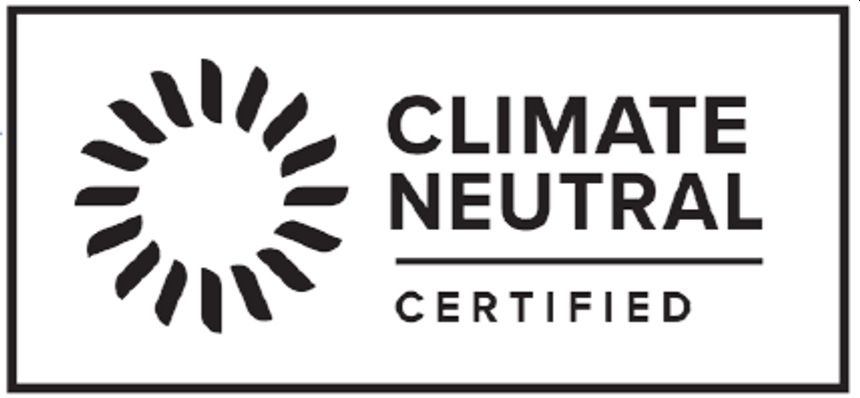- in North America
- within Finance and Banking topic(s)
Mondelez promoted its ZBAR snack bars as being "climate neutral certified." The bars were certified as "climate neutral" by the Change Climate Project, an organization that helps companies measure, manage, and reduce the footprint of their products. In order to get the certification, companies must measure their emissions, create an emissions reduction plan, and then offset any remaining emissions through the purchase of carbon credits.
A consumer sued Mondelez under California law, alleging that she was misled by the "climate neutral" claim on the ZBAR packaging, because she believed the claim to mean that that no pollution was created in connection with the production of the product. She argued that because the production of the product does, in fact, cause the emission of greenhouse gases, it's misleading to call the product "climate neutral" – even if the company has purchased carbon credits to offset those emissions.
Mondelez moved to dismiss, and a federal court in Illinois granted the motion. Here's why.
In California (as is generally the case in the U.S.), in order to state a false advertising claim, an advertiser must plausibly allege that the challenged representation is likely to deceive a "reasonable consumer."
In considering whether reasonable consumers could be misled, the court focused on the precise claim being made on the ZBAR packaging – which was not that that the product was "climate neutral," but that it was "climate neutral certified." The court said, "This is a distinction with a difference."
Noting that there was no dispute about the fact that the product was, in fact, "climate neutral certified," the court held that, "There is nothing deceptive about Mondelez including on its packaging a true statement." In other words, the court wasn't at all interested in whether the product was, in fact, carbon neutral, or whether the certification may convey other unsubstantiated claims, such as the the product didn't cause any negative environmental impact. For this court, it was simply enough that the claim, on its fact, was truthful. Whether the FTC would come out the same way on this is another story . . . .
Salguero v. Mondelez International, 2025 WL 3004534 (N.D. Ill. 2025)

The content of this article is intended to provide a general guide to the subject matter. Specialist advice should be sought about your specific circumstances.


